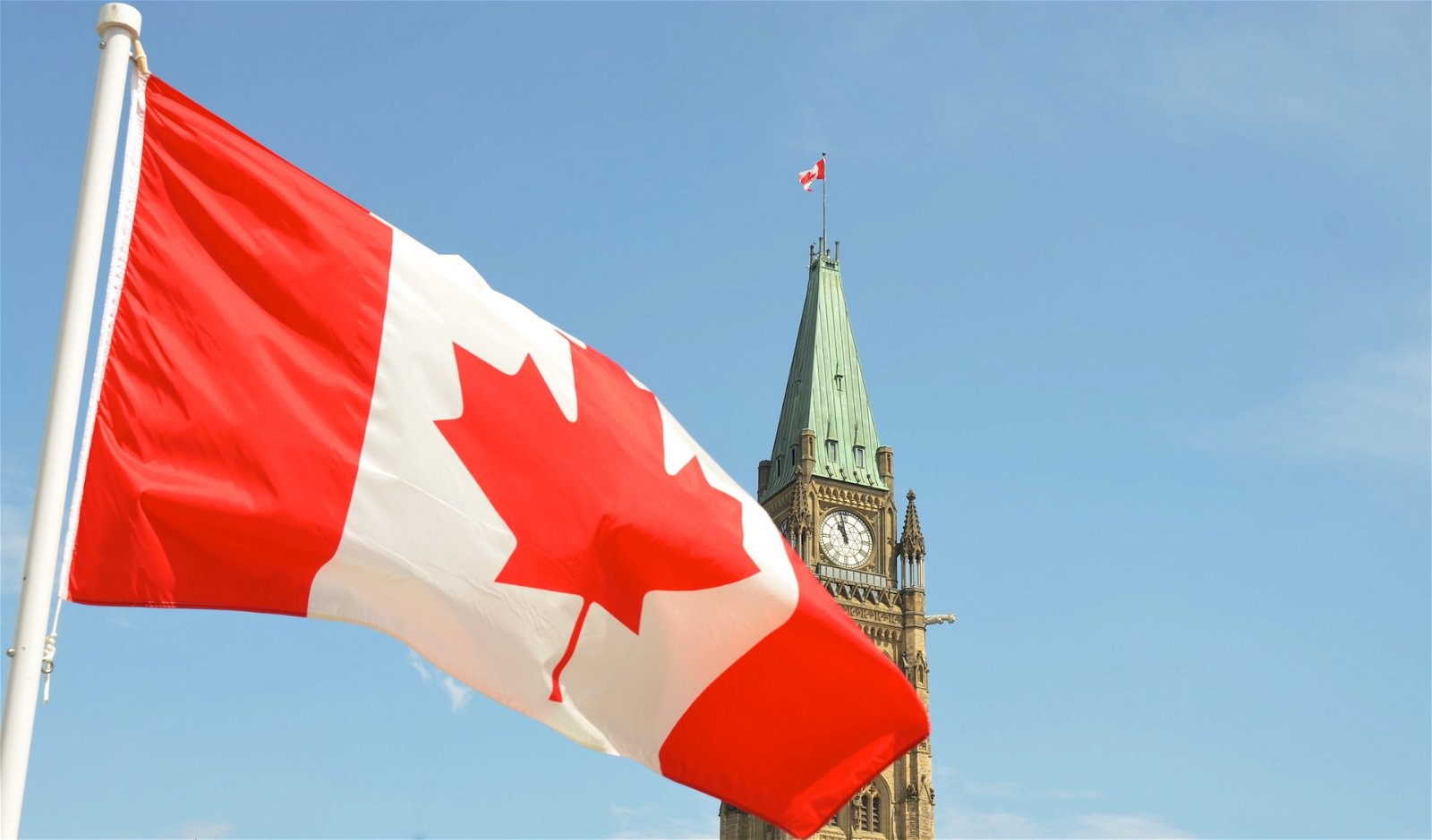
What’s New in Canadian Immigration, for Indian Families?
The changes in the citizenship descent rule has introduced Bill C-3 that will affect immigrations in Canada in 2026 especially for the Indians. If you are planning for the Canada Immigrations with your family this news can impact your application.
Background: The Restrictive 2009 Rule
This meant that Canadian citizens who were born abroad could not pass citizenship to their children if those children were also born outside Canada.
What Bill C-3 Changes: Citizenship Restored + New Connection Test
Bill C-3 has two major components:
1. Citizenship Restored to “Lost Canadians”
People who were unfairly excluded under older laws, including pre-1977 rules, the 2009 amendment, and interpretation errors. Will now regain or receive citizenship automatically.
This includes:
Children born abroad to Canadian parents born outside Canada
Individuals who lost citizenship unknowingly due to past legal clauses
Adopted children who were earlier excluded due to technicalities
This restoration is expected to impact thousands globally, including many persons of Indian origin now living in Canada or abroad.
2. Introducing the “Substantial Connection Test”
Going forward, a Canadian citizenborn outside Canada will still be able to pass citizenship to their child born abroad.If they can prove a meaningful connection to Canada.
This means the parent must show:
✔1,095 cumulative days (3 years) in Canada
✔ Before the birth or adoption of the child
This residency requirement aligns Canada with countries such as:
The United States
The United Kingdom
Australia
This prevents misuse of citizenship laws while still respecting the realities of global mobility — something highly relevant to the Indian diaspora.
Implementation Deadline Extended to January 2026
A Canadian court has granted the government time until January 2026 to fully implement the new system.
Immigration experts expect a major surge in citizenship claims once the system goes live. Aptech Visa advises families to begin collecting proof of residency and family documentation early to avoid future delays.
Why This Matters for Indians Abroad
India has one of the world’s largest global diasporas, with millions of professionals, students, and business families living abroad. Many Indian-origin Canadians work in countries like:
UAE
Qatar
Singapore
Malaysia
Kenya
UK
- Australia
Families who had children abroad often discovered that their child was not automatically Canadian, causing complex immigration and residency issues later on.
With Bill C-3:
These children may now gain or restore citizenship
Future children born abroad will be eligible if parents meet the residency requirement
Families will have a clearer, fairer path to establishing citizenship status
Long-pending cases of “lost Canadians” with Indian origins will finally be resolved
This reform is expected to help thousands of Indian families settle their legal status and secure long-term opportunities for their children.
Historical Context: Canada’s Citizenship Struggles
Many are unaware that Canada’s earlier laws created generational gaps in citizenship. The originalCitizenship Act of 1947 and later amendments caused people to unknowingly lose status. Over time:
The 2009 and 2015 reforms restored citizenship to around 20,000 people
But the first-generation limit of 2009 created new exclusions
The 2023 court ruling finally paved the way for meaningful reform
Bill C-3 is widely seen as the final step toward resolving these decades-old inconsistencies.
Aptech Visa’s Advisory for Indian Families
As the new law nears implementation, Aptech Visa recommends:
Review timeline
Proof residency
Prepare documents
Consult professionals
Families with complex Immigration histories, such as past denials, overseas adoptions, or multiple generations born abroad.
Call our well-versed team of the best immigration experts at 750 383 2132 / 91310 59075, or you can also write us at info@aptechvisa.com.
Visit Our Clients Success Stories !
Also Read - Latest Fee information for the US immigration in 2026














